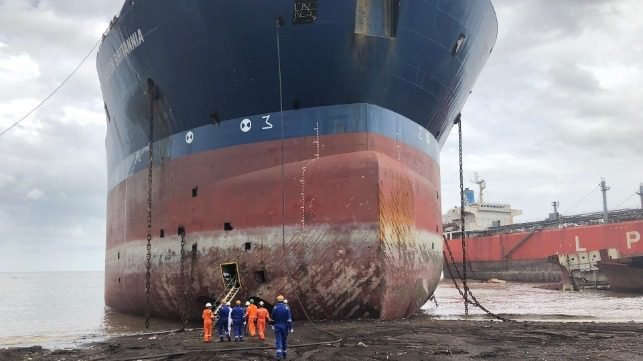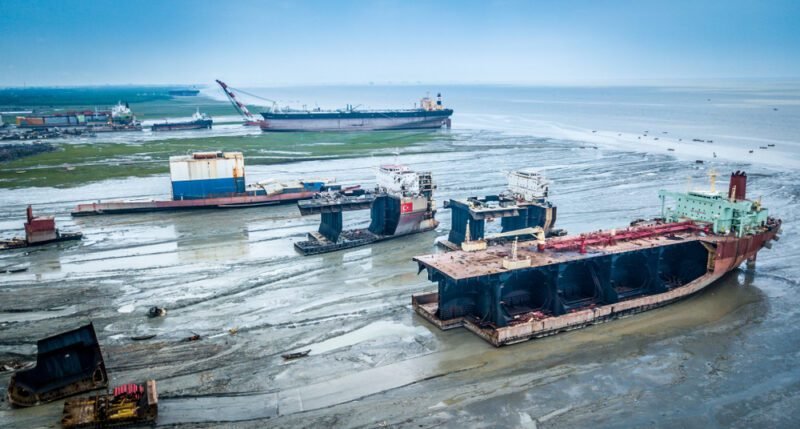Three months after the Hong Kong Convention (HKC) took effect, the ship recycling industry remains largely unchanged. Although the yards are busy and paperwork is increasing, the promised reforms from the Convention have not yet materialized. This slow progress is not surprising; the industry had over a decade to prepare, with many shipowners already complying with the stricter European Union Ship Recycling Regulation (EU SRR). Since 2020, most trading vessels have maintained an approved Inventory of Hazardous Materials (IHM), making the HKC’s implementation more about formalization than transformation.
The primary catalyst for change has been financial pressure rather than regulation. Banks and investors have begun to require compliance with HKC standards as a condition for lending, pushing the industry to adapt ahead of the Convention’s enforcement. However, while awareness has increased, true behavioral change remains limited. Compliance has become the bare minimum rather than a benchmark of excellence.
The HKC introduces a global framework for safe recycling, but ambiguities persist, particularly regarding hazardous waste under the Basel Convention. Shipowners now face overlapping compliance challenges and must take responsibility for ensuring their IHMs and recycling plans are accurate. As inspections reveal a growing demand for verification, the industry must prioritize accountability over mere paperwork. The effectiveness of the HKC will hinge on strong enforcement, including random checks and penalties, to ensure that compliance is meaningful rather than superficial.







